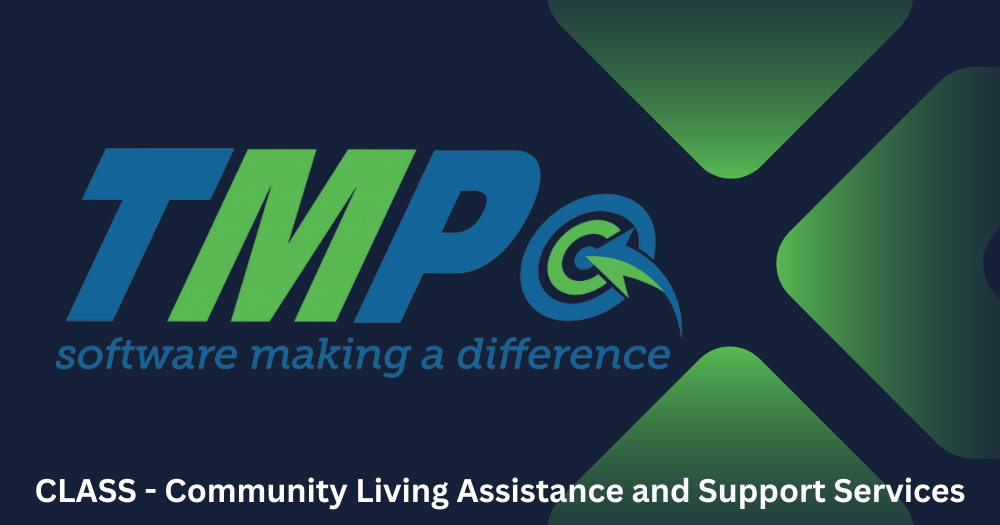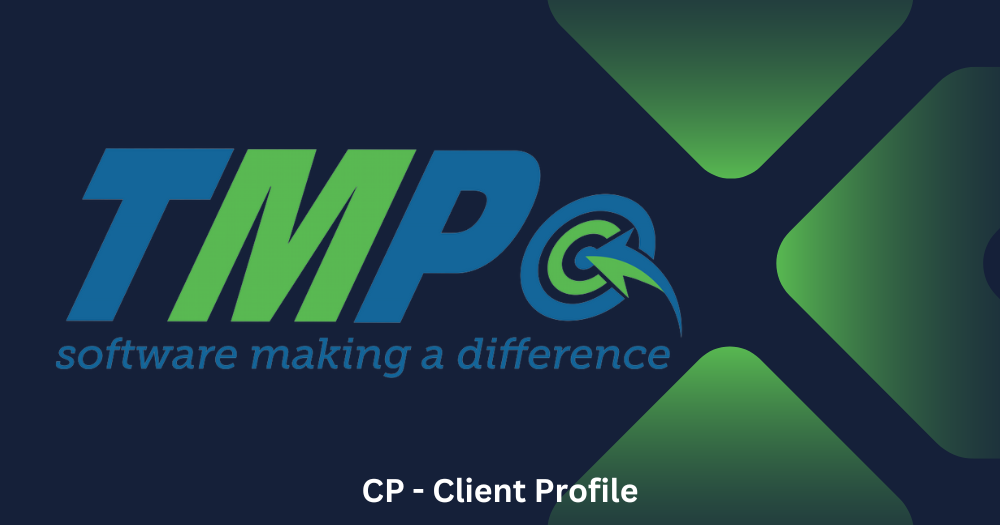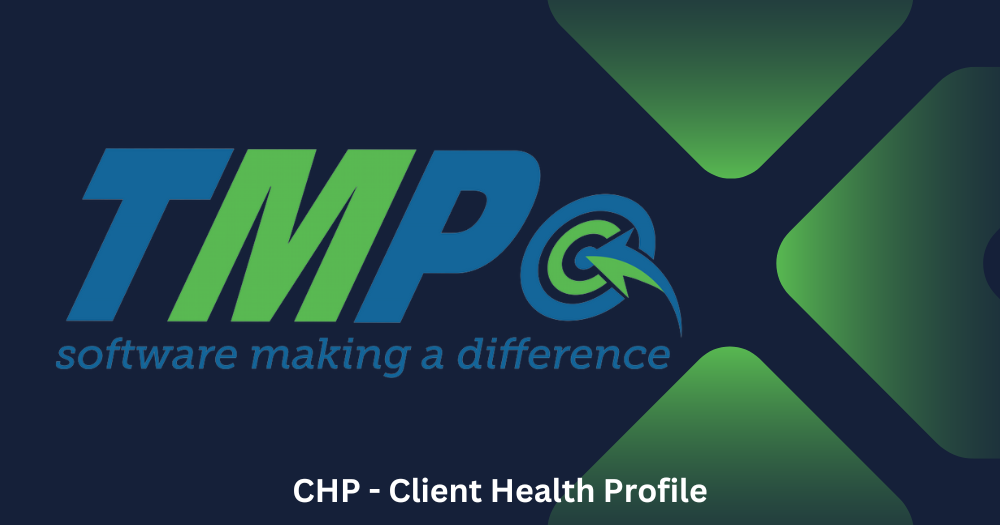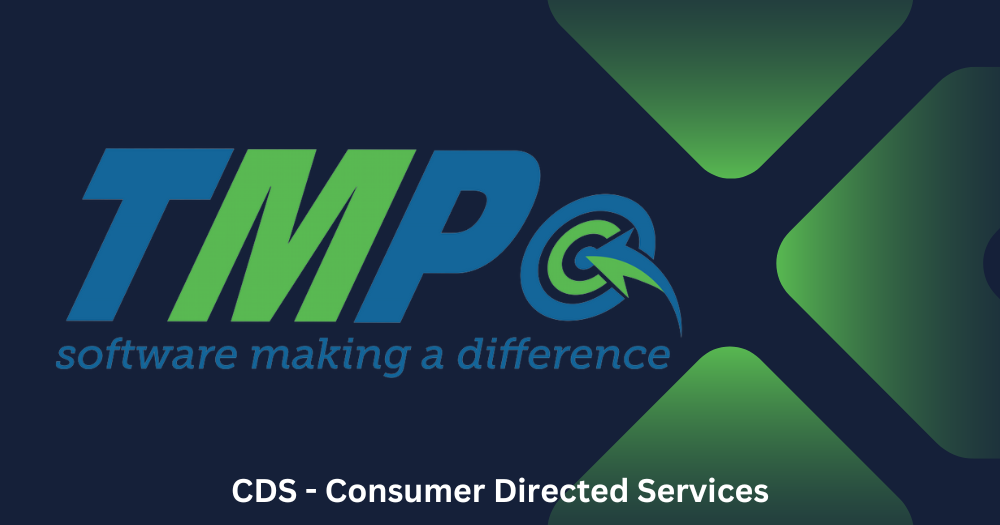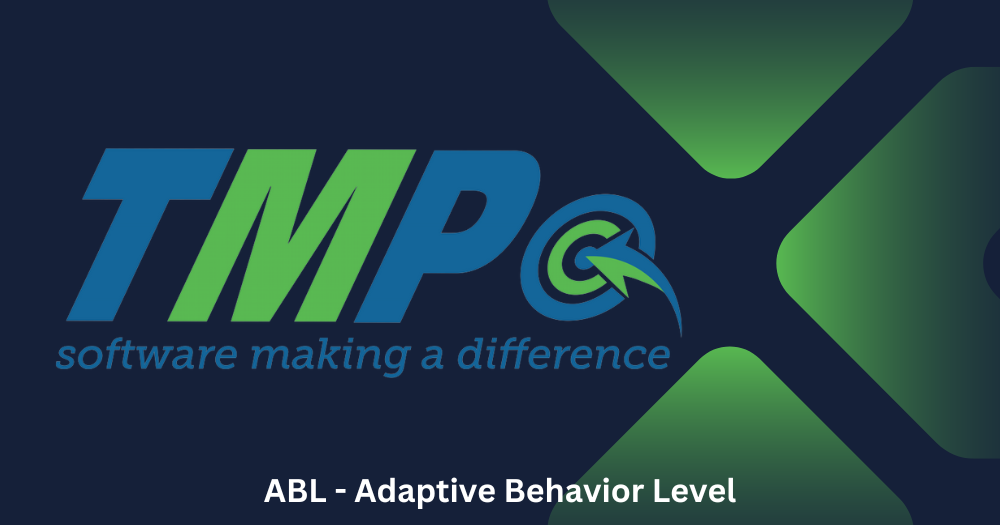FMSA – Financial Management Services Agency
A Financial Management Services Agency (FMS Agency, FMSA) is an entity that provides administrative and fiscal support to individuals who are managing their own care services under consumer-directed or self-directed programs, such as Medicaid waivers. These programs allow participants to hire and manage their own caregivers or service providers, giving them greater control over their care.
The FMS agency serves as an intermediary to handle the financial and administrative responsibilities associated with these self-directed services.
Key Roles and Responsibilities of an FMS Agency:
- Payroll and Employment Support:
- Processes payroll for caregivers or other employees hired by the participant.
- Ensures compliance with federal and state tax laws by withholding, filing, and paying employment taxes.
- Issues W-2 or 1099 forms to workers, depending on their employment status.
- Budget Management:
- Tracks the participant’s service budget and ensures funds are used appropriately.
- Provides regular budget reports to participants, caregivers, and state agencies.
- Compliance and Documentation:
- Ensures adherence to program guidelines, including eligibility requirements for workers.
- Maintains accurate records of all financial transactions and services provided.
- Support for Hiring and Managing Staff:
- Assists with background checks and verifying worker qualifications.
- Provides guidance on creating job descriptions and setting fair wages.
- Offers resources or training to help participants manage their employees effectively.
- Payment Processing:
- Pays service providers, vendors, and caregivers on behalf of the participant.
- Processes invoices, timesheets, and reimbursement requests.
- Tax and Legal Compliance:
- Acts as the Employer of Record (EOR) or supports the participant as the EOR for tax purposes.
- Handles unemployment insurance, workers’ compensation, and other employer-related obligations.
- Participant Support and Guidance:
- Educates participants on their responsibilities in managing self-directed services.
- Provides assistance in resolving disputes or addressing concerns related to financial management.
Importance of FMS Agencies:
- Reduces Administrative Burden: Participants can focus on managing their care without worrying about complex financial and legal tasks.
- Promotes Independence: Supports participants in exercising control over their care while ensuring they meet program requirements.
- Ensures Accountability: Provides transparency in spending and compliance with Medicaid or other program rules.
Programs Using FMS Agencies:
FMS agencies are commonly used in programs like:
- Medicaid Waivers (e.g., Community Living Assistance and Support Services [CLASS], Home and Community-Based Services [HCBS]).
- Consumer-Directed Services (CDS) programs.
- State-funded self-directed care initiatives.
By bridging the gap between participants, caregivers, and funding agencies, FMS agencies play a crucial role in making self-directed care manageable and sustainable.
